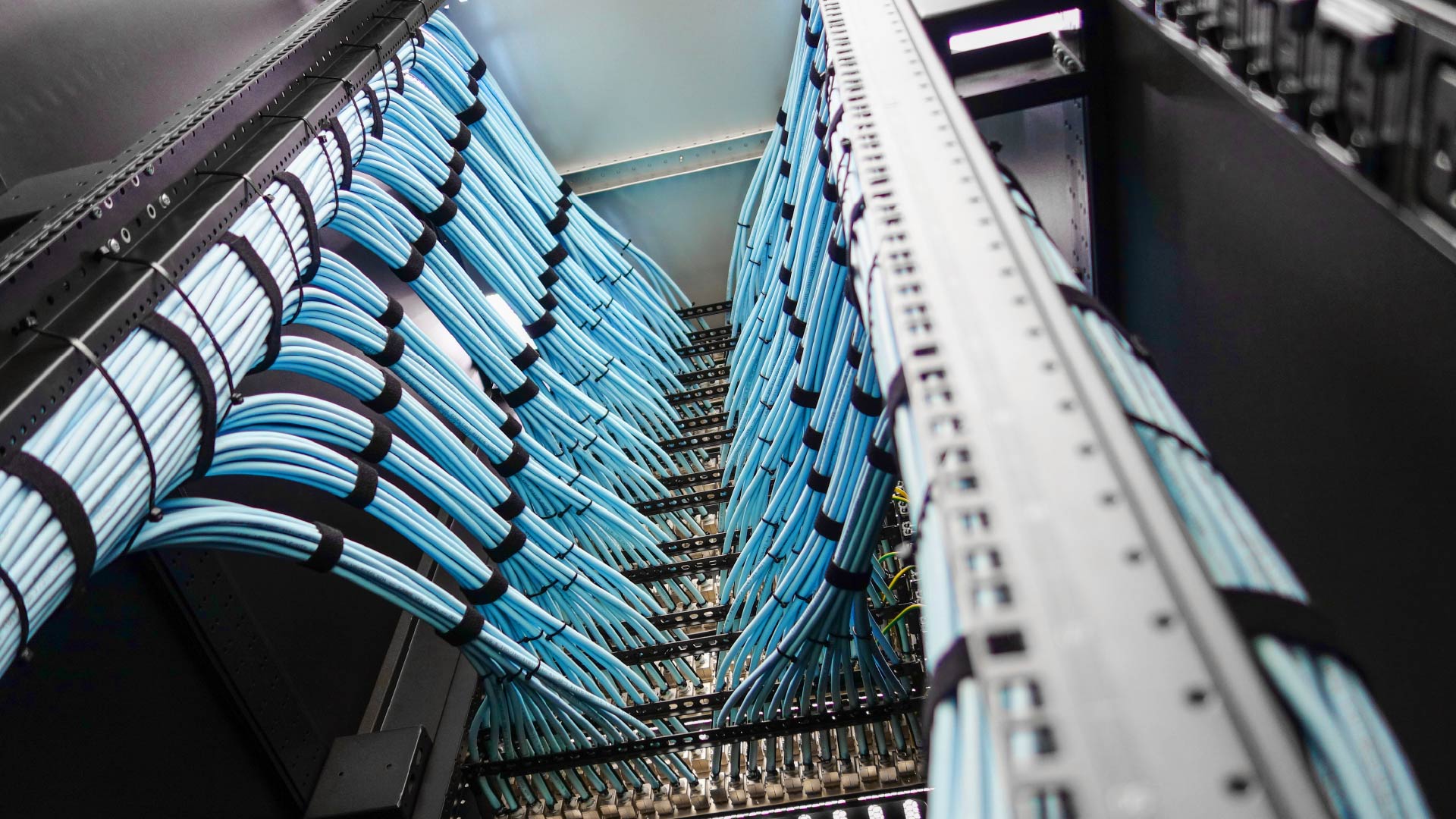Schneider Electric’s Acquisition Of ETAP Highlights The Strengthening Market Conditions For Microgrid Deployments

Susan Clarke
On November 16, 2020, Schneider Electric acquired an 80% controlling stake in ETAP Automation (ETAP), that provides software for the design, modelling and simulation of electrical power systems. The deal adds to Schneider Electric’s capabilities in electrical computer-aided design (CAD), where it sees opportunities to support the integration of renewables, microgrids and battery storage at buildings and data centres globally. Schneider Electric has also agreed to acquire the remaining 20% in 2025.
This deal follows other investments that Schneider Electric has made to bolster its capabilities for installing and managing on-site power generation and microgrids. In August 2020, for example, Schneider Electric launched a new company called ‘GreenStruxure’ to deliver energy-as-a-service propositions that can fund microgrid deployments at commercial buildings and industrial facilities. In 2019, Schneider Electric also acquired Alpi, which provides engineering firms software tools to design electrical systems for buildings, including an Autodesk Revit plug-in to support the design of electrical circuits and cabling.
Schneider Electric’s growing investments in the microgrid sector reflect the rising interest in power resiliency across the market. While critical facilities such as hospitals, military bases and prisons have invested in energy resiliency for many decades, new hotspots of activity are emerging in regions that are experiencing regular power outages from storms and wildfires. For instance, after being hit by many hurricanes, supermarket chain H-E-B rolled out natural gas generators at 50 stores across Houston, from energy services firm Enchanted Rock Energy. In addition, the Fremont Fire Department in California has installed microgrids at three fire stations to help it maintain power supply during planned utility outages and sudden incidences of extreme weather.
With continually lowering costs of on-site generation and energy storage, corporate energy managers should look at opportunities to broaden the horizons of their energy management programmes from a laser focus on energy efficiency.
To learn more about the changing opportunities in energy management, read our report Best Practices For Energy Management In An Era Of Smart Buildings.
About The Author

Susan Clarke
Research Director


-_main-image.jpg?Status=Master&sfvrsn=ec07938d_1)


